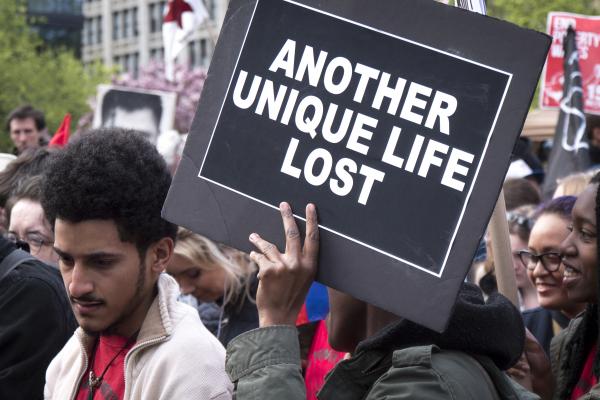Sep 20, 2016
I don’t need to remind you, but I will, that this is the mentality of slave owners — the muscle memory of oppression that beats in American hearts still, in quiet and loud ways, and leads the systems of this nation to marginalize those who look different than the most privileged.
Read the Full Article

Already a subscriber? Login
